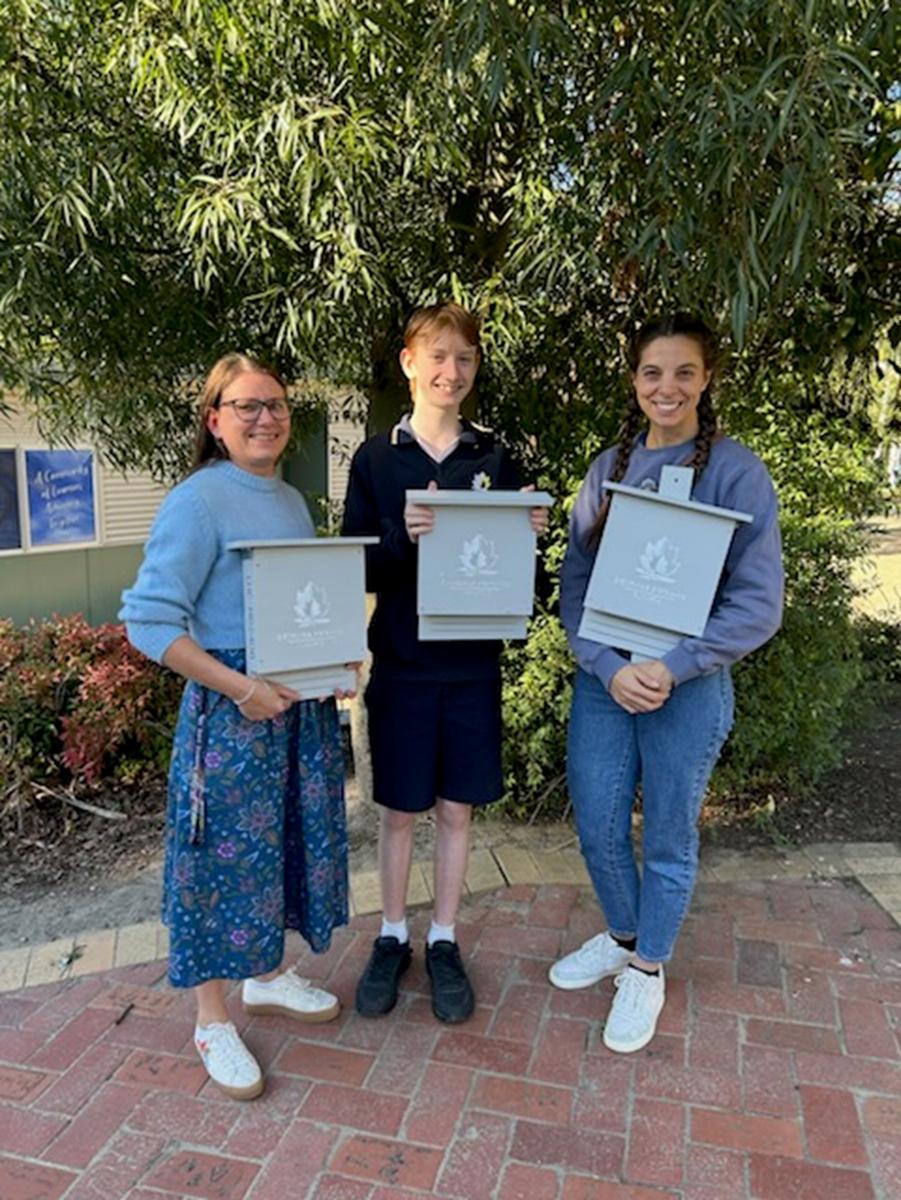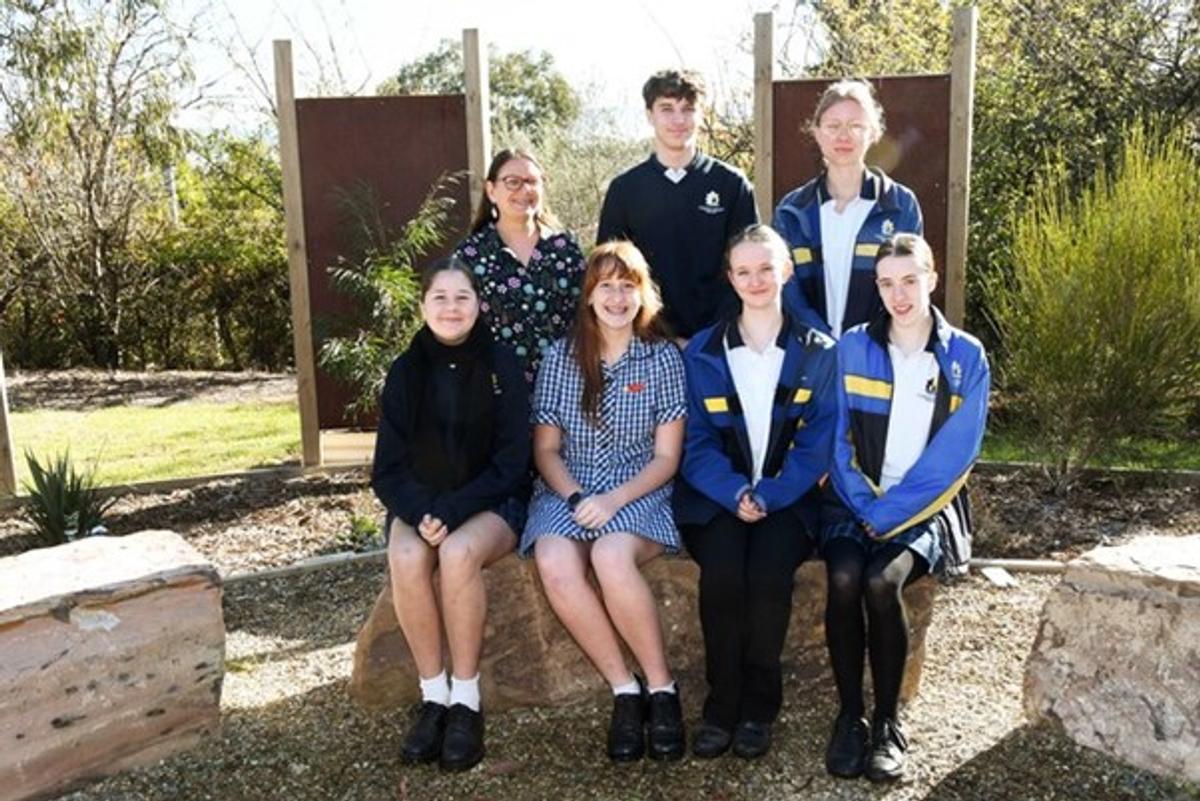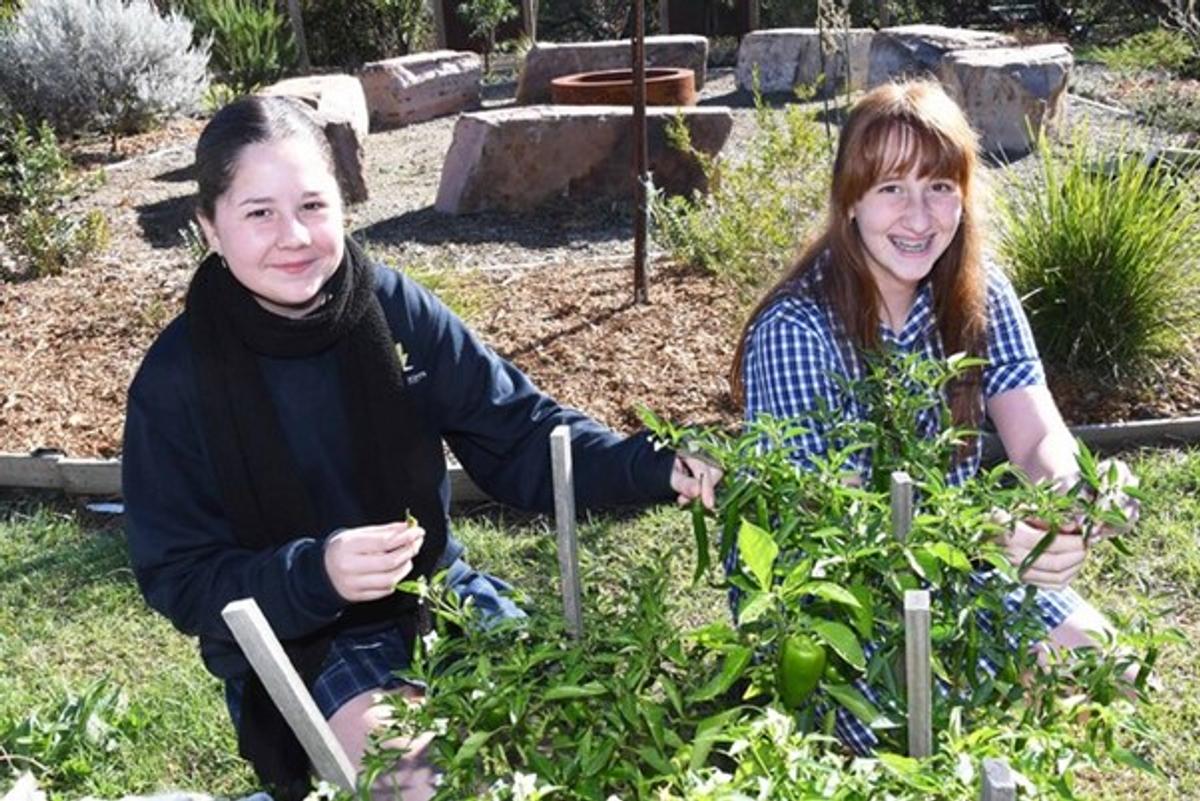Sustainability
Tania Lim

Sustainability
Tania Lim
Sustainability and National Reconciliation
“Living sustainably can be an act of reconciliation.”
- Rueben Berg, Indigenous Architecture and Design Victoria.
This month in the Sustainability Club, we have been looking forward to, and planning for, our ongoing and upcoming showcases and activities that call on us to share our sustainability practices with our school and wider community. For example, we attended Wandin North Primary School with a donation of six micro-bat nesting boxes made by our Sustainability and Vocational Major students. This week also marks National Reconciliation Week. It is therefore an opportune time to reflect on what sustainability means to us and how it is interconnected with National Reconciliation.
Sustainability
In 1987, a group called the United Nations Brundtland Commission explained sustainability. They said it means using what we have today in a way that doesn’t hurt the chances for people in the future to have what they need. It’s about using our resources wisely and making sure we don’t waste things.
There are three important parts to sustainability
National Reconciliation
National Reconciliation is about making things right between Indigenous and non-Indigenous people in Australia. Indigenous knowledge and traditions help us understand how to care for the land and resources in a way that lasts a long time. When we work together, we can create fairer opportunities for Aboriginal and Torres Strait Islander peoples, which helps everyone.
Indigenous Knowledge and Sustainability
For thousands of years, Indigenous Australians have known how to take care of the land. They have special ways of managing plants and animals that keep nature healthy. Techniques like traditional burning and fishing traps have helped provide food and keep ecosystems balanced.
Reconciliation Action Plans (RAPs)
Reconciliation Australia helps organisations create plans called RAPs. These plans focus on building friendships, respecting Indigenous cultures and creating job opportunities for Aboriginal and Torres Strait Islander peoples. The Victorian Department of Education has a RAP, too!
Economic Benefits
When Indigenous communities have better job opportunities, it helps make Australia stronger and more sustainable. RAPs often include plans to support Indigenous-owned businesses and encourage Indigenous-led projects.
Environmental Stewardship
By using Indigenous knowledge in how we take care of our land and resources, Australia can be more responsible and sustainable.
Social Justice
National Reconciliation aims to fix past wrongs and create a fairer society for everyone. This means making sure Aboriginal and Torres Strait Islander peoples have equal access to resources, job opportunities and a good quality of life.
In Summary
Sustainability and Reconciliation go hand-in-hand. If we ignore Indigenous knowledge, our efforts to take care of the planet would not work well. And if we don’t fix unfair economic situations, we won’t see real change. By valuing Indigenous knowledge, Australia can become a better place for everyone, where we all share a healthy environment and a brighter future.
“People often associate caring for country with something that happens in the bush. But it is important to recognise that caring for country can happen anywhere.
All projects can better reflect our caring for country.”
- Rueben Berg, Indigenous Architecture and Design Victoria.
How will you be caring for country this National Reconciliation Week?


Wandin North PS Environment and Sustainability teacher, Ms Laura Atrill accepted donations of microbat breeding boxes from LHC’s Ms Shannon Sargeant and Patrick.


Sustainability Club members in our school’s Yarning Circle:
Back row: Ms Shannon Sargeant, Mitch and Ella
Front row: Lily, Anastasia, Gracie and Clover


Lily and Anastasia caring for country